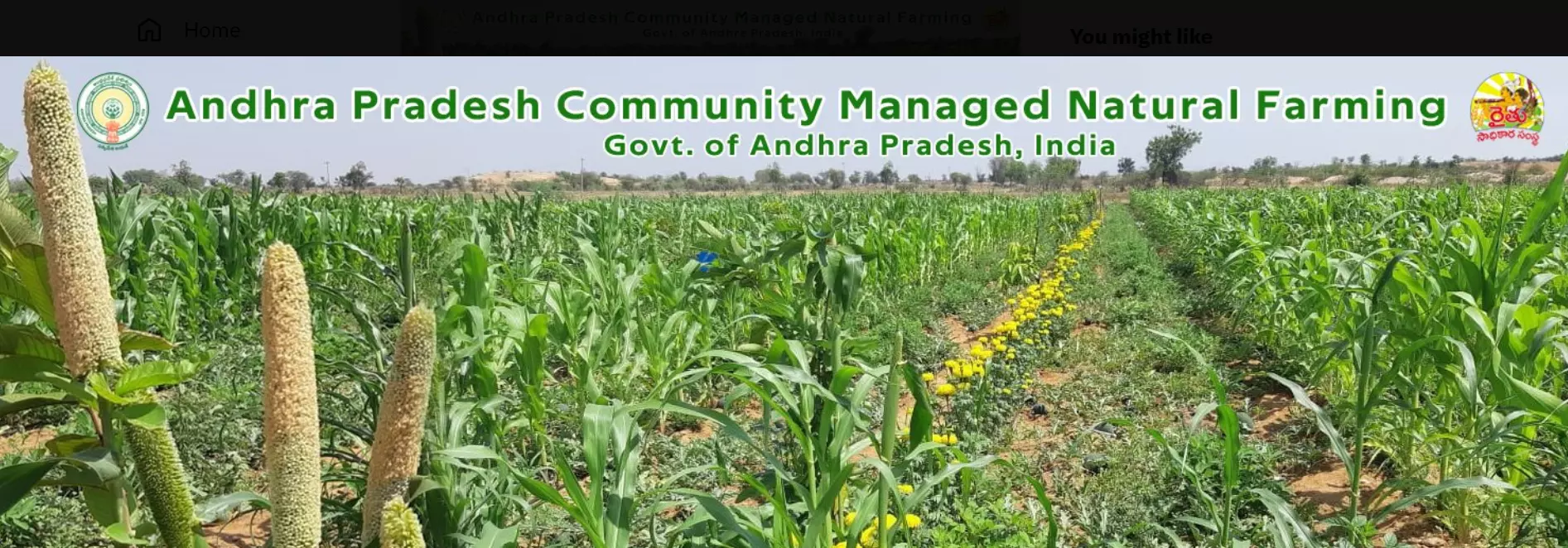AP Natural Farming Model Pilot Initiative Launched In Sri Lanka
A dedicated team of six members from RySS, consisting of experienced technical specialists and champion farmers, has been deployed to Sri Lanka: Reports

VIJAYAWADA: The government of Andhra Pradesh has launched a pilot initiative for its Andhra Pradesh Community Managed Natural Farming (APCNF) programme in Sri Lanka under the Rythu Sadhikara Samstha (RySS). This initiative aims to support Sri Lanka in developing trust and capacity in agroecological agricultural systems.
The APCNF programme has made significant strides in transforming agriculture towards sustainability and resilience. Currently, over 1.13 million farmers are enrolled, with more than 4,000 villages participating, making APCNF a globally recognized model for community-led, women-driven, and agroecologically sound farming practices. Building on this momentum and responding to growing international interest, pilot projects are also underway in Indonesia and Zambia.
This pilot project in Sri Lanka is being implemented in collaboration with the Sarvodaya Shramadana Movement, the country’s largest and most established non-governmental community development organization, and NOW Partners, a long-standing global ally of APCNF. The partnership was initiated following an exploratory visit by Sarvodaya’s leadership to Andhra Pradesh in July 2023, and subsequently, a farmer exposure visit in early 2025. These visits fostered a strong alignment between the APCNF approach and the needs of Sri Lankan farming communities. After a feasibility assessment by the RySS technical team, this partnership has evolved into a collaborative effort. Sarvodaya will act as the local implementation partner, while NOW Partners will enhance the initiative's global outreach and visibility.
A dedicated team of six members from RySS, consisting of experienced technical specialists and champion farmers, has been deployed to Sri Lanka. This team is strategically situated in two agroecological zones to work closely with five farmers in each location during the Yala agricultural season (May–August). These selected farmers will be trained to become local champions of natural farming.
In the following Maha agricultural season (September–March), the trained farmers will mentor ten additional farmers each, creating a cascading, community-led model for knowledge transfer and scaling. The pilot project will continue through both the Yala and Maha seasons until December 2026, ensuring ongoing technical, logistical, and institutional support from Sarvodaya and other key organizations.

